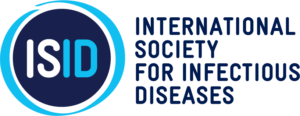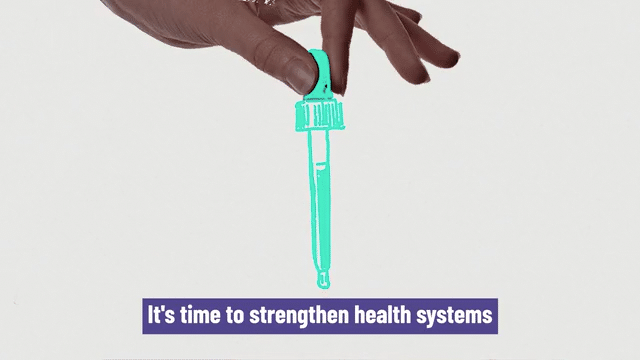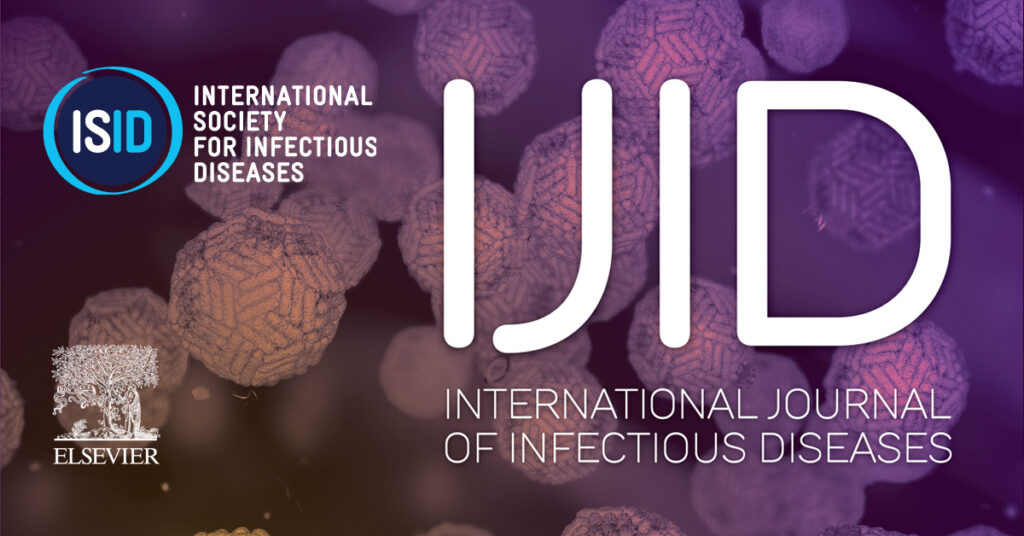The COVID-19 pandemic impacted on health systems globally, key among this was the negative impact on immunization coverage with lockdowns and loss of preventive health services. This included loss of essential vaccination for vaccine preventable diseases in millions of children across the world. With the restoration of health services, travel and social activities, the theme for this year’s World Immunization Week 2023, the “Big Catch-Up” is apt! 2023 presents a great opportunity to “catch up” on essential vaccination particularly in children to achieve lost gains in the fight against vaccine preventable diseases.
We at the ISID strongly believe immunization is important in protecting lives of children and adults to live healthier and longer lives. We champion immunization by training and re-training healthcare workers across the globe to serve as advocates for essential immunization in their various spheres of influence. Whether at our Congresses or at the Knowledge Exchange or in our peer reviewed publications (IJID and IJID Regions), we value education on essential vaccines for immunization.
We all need to work together to catch up on essential vaccines particularly where there is more need for a healthier world.
ISID Resources for World Immunization Week 2023
Knowledge Exchange
Open-Access Podcasts
Episode 10: Vaccine Inequity in the Global South
Three billion people worldwide have not received a single dose of COVID-19 vaccine. While the majority of citizens in several wealthy countries are fully vaccinated, low- and middle-resourced countries have the lowest rates of vaccination. The average vaccination rate of all African countries is 15 percent. Some countries on the African continent have only single digit vaccination rates and only a minority of their health care workers are fully vaccinated. The World Health Organization has pushed to prioritize first doses for the unvaccinated before extra boosters for wealthy countries.
Fatima Hassan, human rights lawyer and activist, is the director of the Health Justice Initiative in South Africa. She is working to increase access to vaccinations, testing, and treatment for all countries with a particular emphasis on the southern hemisphere.
Watch Here
Guide to Infection Control in the Healthcare Setting
Open-Access Chapters
→ Healthcare Workers as a Source of Transmission
Immunization should be used to protect HCWs from specific infectious agents. Preventing infections in HCWs will also prevent transmission of infections from HCWs to patients. Prompt evaluation of and institution of appropriate control measures for patients with signs and symptoms of transmissible infectious diseases will reduce the risk of hospital-acquired diseases.
→ Measles
Despite progress in global immunization, measles remains a major infectious cause of mortality in developing countries and is responsible for more than 100,000 deaths in children each year. The importance of nosocomial transmission varies substantially from one region to another according to local measles epidemiology and to vaccine coverage.
→ Diphtheria, Tetanus, Pertussis
Active immunization of the general population is effective to control the transmission of diphtheria, tetanus, and pertussis infections in the community, and the possible risk of infection in the healthcare setting.





